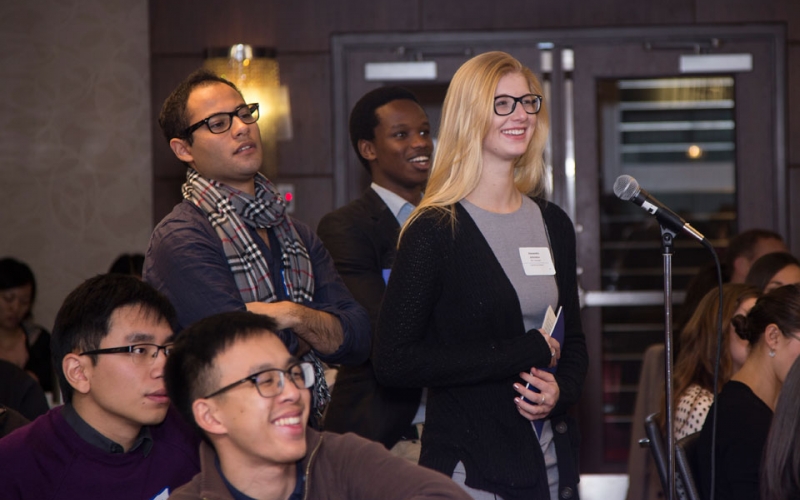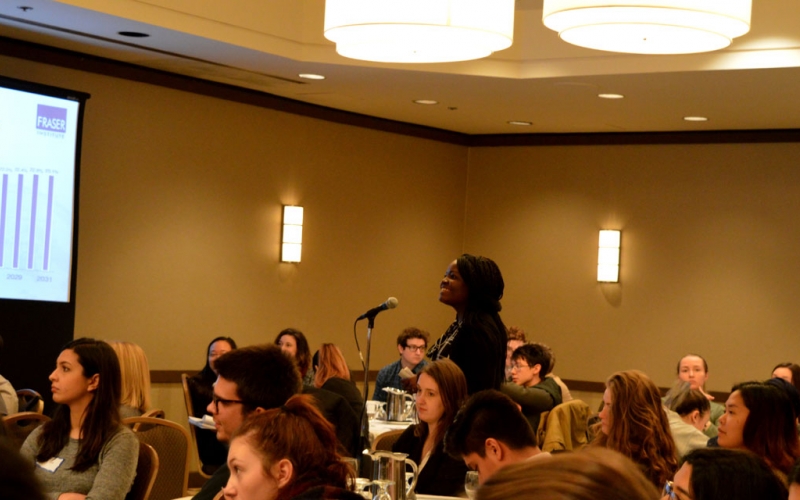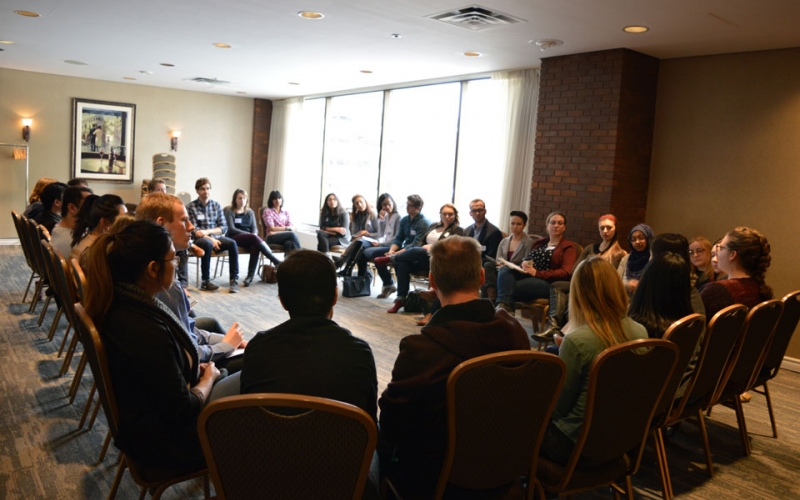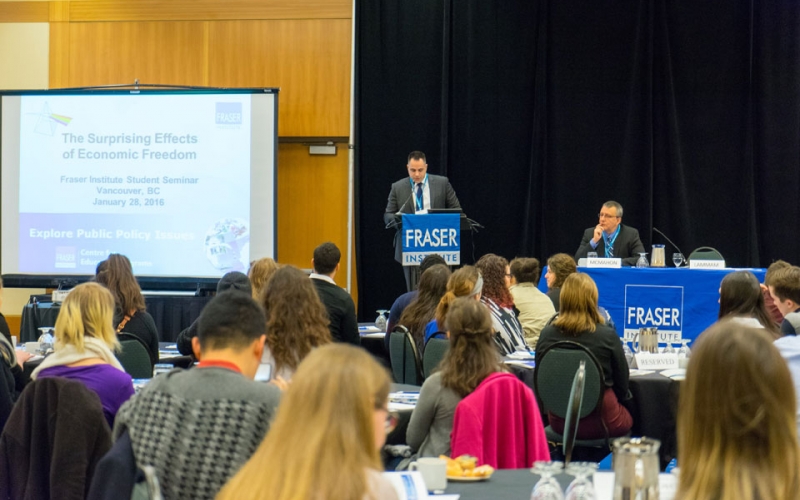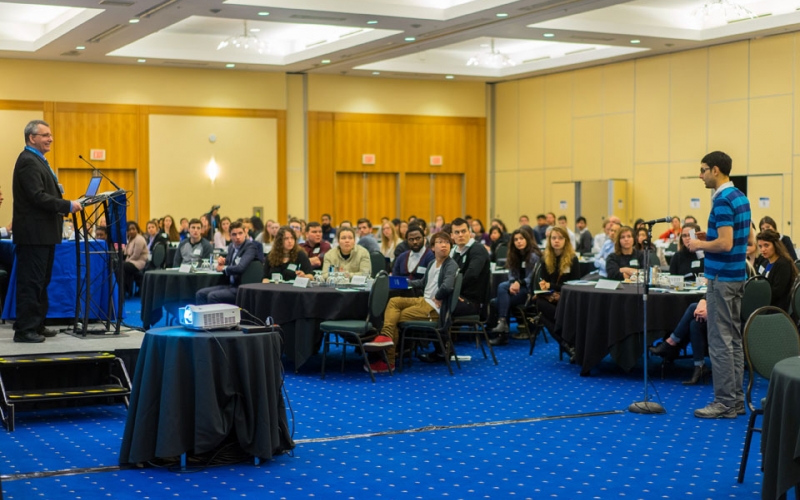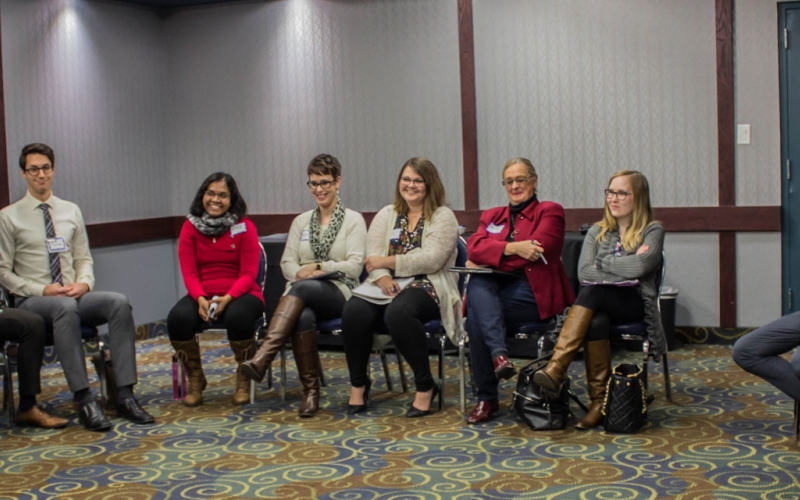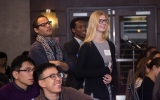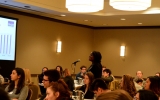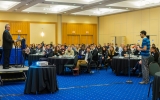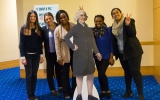
'

About the Event
Free one-day student seminar with presentations from leading policy experts, Q & A, and informal discussions. Lunch is included.
Speakers & Instructors
Senior Fellow, Fraser Institute
Minimum Wage, Minimal Impact: Anti-Poverty Policy in Ontario In recent years, there has been a lot... more
Professor of Agricultural Economics and Business, University of Guelph
Are We Paving Paradise to put up a Parking Lot? Ontario, along with many other jurisdictions,... more
Senior Fellow, Fraser Institute
The High Mortgages of Anti-Housing Policies Between 2010 and 2016 home prices soared by 40% in... more
Managing Editor of HumanProgress.org
Why You Shouldn’t Worry About Overpopulation Overpopulation alarmism has been around for... more
Associate Professor of Economics, Samford University
Leave Me Alone and I'll Make You Rich: How The Bourgeois Deal Enriched the World The usual... more







